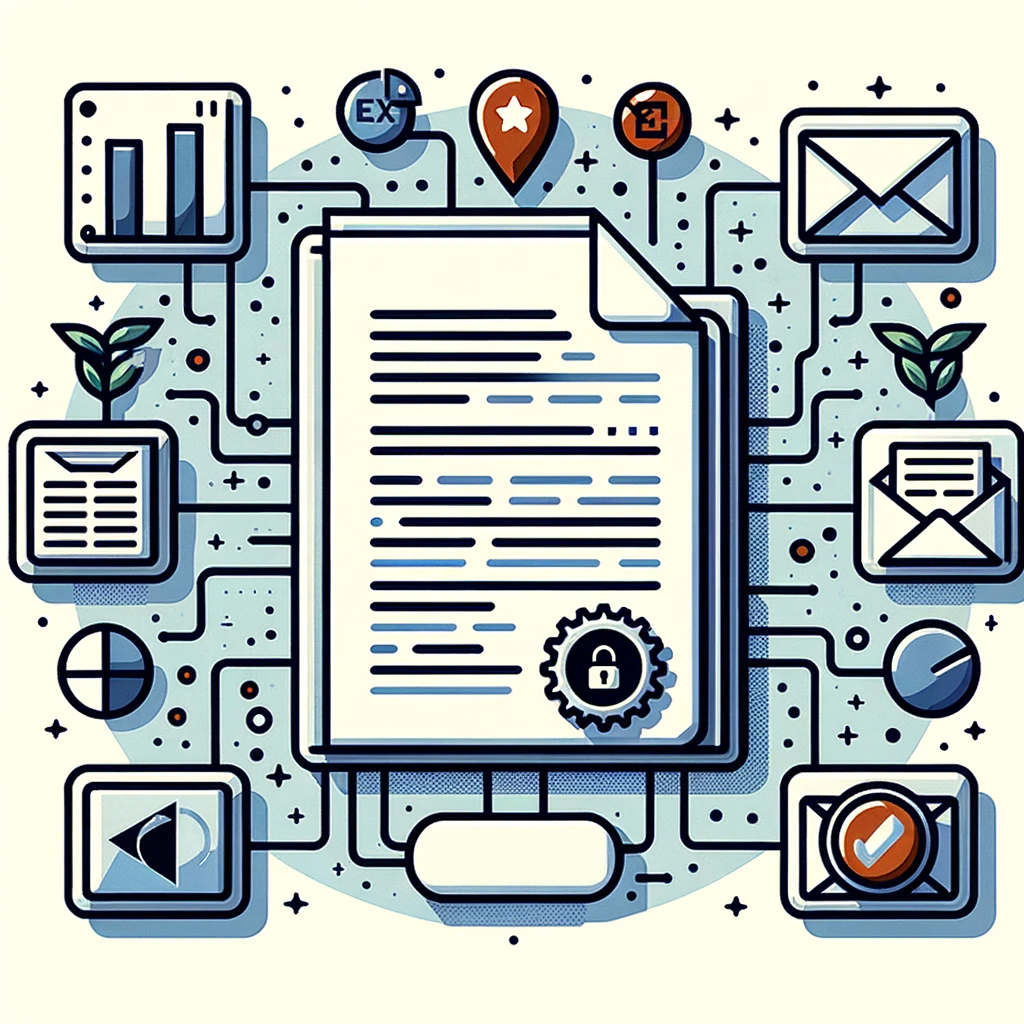Email backup and Email archive
Email backup and email archiving are important practices that every business should implement in order to protect their critical data and maintain compliance with regulatory requirements. In this blog, we will explain what email backup and email archiving are, why they are important, and why businesses should consider using a third-party solution for these services.
What is Email Backup?
Email backup is the process of creating copies of your email data and storing them in a secure location. This is done in order to protect against data loss due to hardware failure, human error, or other unforeseen events. By regularly backing up your email data, you can ensure that you have a copy of your critical information in case something goes wrong.
What is Email Archiving?
Email archiving is the process of storing, preserving, and managing your email data for long-term retention. This is typically done in order to meet regulatory requirements or to keep a record of business communications for legal purposes. Email archiving involves the creation of a copy of your email data and storing it in a secure location that is separate from your primary email system.
Why are Email Backup and Email Archiving Important?
There are several reasons why email backup and email archiving are important for businesses:
- Data Loss Prevention: Email is a critical part of most businesses, and losing access to your email data could have serious consequences. By regularly backing up your email data, you can ensure that you have a copy of your data in case something goes wrong.
- Compliance: Many businesses are subject to regulatory requirements that mandate the retention of certain types of data, including email. Email archiving helps businesses meet these requirements by storing a copy of their email data in a secure location.
- Legal Protection: In the event of a legal dispute, businesses may be required to produce copies of their email data as evidence. Email archiving helps businesses meet these requirements by storing a copy of their email data in a secure location.
Why Use a Third-Party Email Backup and Archiving Solution?
While it is possible to create your own email backup and archiving system, there are several reasons why businesses should consider using a third-party solution:
- Expertise: Third-party email backup and archiving solutions are typically provided by companies that specialize in these services. This means that they have the expertise and resources to provide reliable, secure, and compliant solutions.
- Ease of Use: Third-party email backup and archiving solutions are often easy to use and require minimal setup and maintenance. This allows businesses to focus on their core operations rather than worrying about managing their email data.
- Cost-Effective: Third-party email backup and archiving solutions can be more cost-effective than building and maintaining your own system. This is especially true for small and medium-sized businesses that may not have the resources or expertise to build their own system.
Examples of the Consequences of Not Having Email Backup and Archiving
Here are a few examples of the consequences that businesses may face if they do not have proper email backup and archiving in place:
- Data Loss: Without proper email backup, businesses may lose access to their email data if something goes wrong with their email system. This could result in lost productivity, lost revenue, and other negative impacts on the business.
- Non-Compliance: If a business is subject to regulatory requirements and does not have proper email archiving in place, they may face fines and other penalties for non-compliance.
- Legal Liability: In the event of a legal dispute, businesses that do not have proper email archiving in place may face difficulty producing copies of their email data as evidence. This could result in legal liability for the business.
- Reputational Damage: If a business experiences a data breach or other data loss event, it could damage their reputation and lead to the loss of customers and revenue.
Conclusion
Email backup and email archiving are important practices that every business should implement in order to protect their critical data and maintain compliance with regulatory requirements. While it is possible to create your own email backup and archiving system, it is often more cost-effective and easier to use a third-party solution. By using a third-party email backup and archiving solution, businesses can ensure that their email data is secure, compliant, and easily accessible when needed.
If you are interested in learning more about email backup and archiving or would like to discuss your options with a trusted provider, we encourage you to contact us for more information. Our team of experts is here to help you find the right solution for your business.



